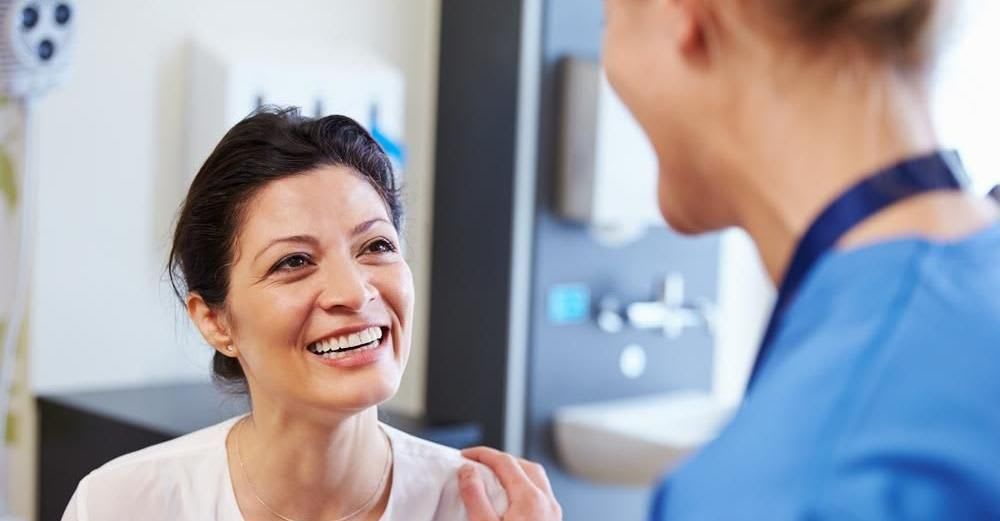How to Earn a Medical Degree in Another Country
Want to work in the medical field and study abroad? You can do both. With some planning and forethought, you can make it work. Here's how.
- Education
- Study Abroad
- Student Tips

Want to work in the medical field and study abroad? You can do both. With some planning and forethought, you can make it work. Here's how.
First you need to consider your reasons. One of the biggest questions you need to ask: will your home country recognize the degree you earn abroad? If you'll have no trouble transferring your medical experience from abroad back home, then you're off to a good start.
Then you need to a pick a place you want to study that fits the bill. Consider how much it costs, the number of spots available for international students, and how open you are to learning about a medical culture that differs from your home country.
Here are some places to consider:
Perhaps one of the most demanding in terms of time, fees, and intellectual rigor, studying medicine in the US is no small feat. Medical students may begin after completing four years of undergraduate study, coupled with completing pre-medical school course requirements. While requirements vary from school to school, almost all include biology, chemistry, and organic chemistry as main science courses. Most schools also require the MCAT, with varying levels of admissible scores.
Medical degrees take four years to complete and consist of two years of pre-clinical courses, and two years of clinical courses, followed by a residency program after graduation.
For students looking for a distinctly European experience in a world-class medical program, look no further than Poland. For general medicine, students will study up to six years, including their time in undergraduate studies.
Over 11 medical schools offer programs in English, which include programs in general medicine, dentistry, and pharmacy. Students who want to learn Polish can also immerse themselves in a one-year Polish language course.
English medical programs in Poland are also compliant with Polish and EU teaching standards, and the US Department of Education. Medical school graduates of Polish programs may also be eligible for residency and postgraduate training programs in the US, Canada, Australia, South Africa, and other parts of the world.
Not only does Germany support its international student population well, it's hard to discern the best place to study medicine in Germany because all the options are so good.
German medical schools offer exchange programs, partner universities, support and guidance for study abroad students, financial support, and a coterie of excellent choices.
German medical schools also offer professional development opportunities for aspiring physicians and help place students at highly regarded residencies. With Germany's high-level research universities, students also have medical opportunities across Europe and the broader world.
Russian medical schools offer English-speaking study abroad students the opportunity to study in Russia at world-class institutions.
With government tuition subsidies, international students studying medicine in Russia will experience a relatively low cost of living, a fairly straightforward visa process, and a less stressful medical school admissions process.
Here are a few things to consider:
1. Language
While the teaching may be in English, you may need additional language skills to function on a daily basis. You need to consider whether you have the time and energy to devote to learning enough of another language to navigate the country where you're studying.
2. Qualifications
This is a huge issue. Before you agree to study anywhere, you need to ensure that the medical degree you earn abroad has an acceptable level of international recognition.
Not sure where to start? If you're from the EU, make sure the school and program you choose abroad complies with the EU's directive 2005/36/EC, which enables the free movement of medical professionals including nurses, midwives, doctors (general practitioners and specialists), dental practitioners, pharmacists, architects and veterinary surgeons. The directive also explains the minimum training conditions which must be met and lists the evidence of formal qualifications in basic medical training to be provided.
In the US, check with the Association of American Medical Colleges resources for study abroad students.
3. Entrance requirements
Entrance requirements vary by country, and in many cases by schools. In the US and the UK, entrance requirements for medical students are more stringent than in other parts of the world.
Make sure you have what you need before you apply.
4. Scholarships
There are medical school scholarships for study abroad students! From Australia and New Zealand to the US, UK, and Europe, there are multiple opportunities. How do you find them? Talk to your undergraduate institution's scholarship office, or run your own Google search. What you find might surprise you.
With a bit of work, some considerations, and a lot of preparation, you can study medicine abroad. Ready? Go for it.
Learn more about getting a medical degree.
Read related articles

What You Should Know If You Want To Practice Medicine Abroad

Five Countries to Choose for Nursing Degrees
